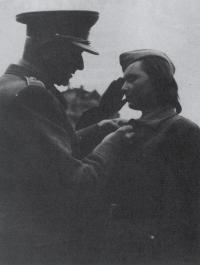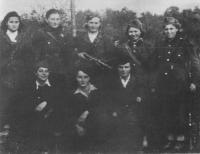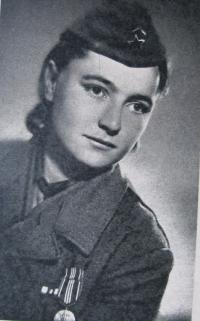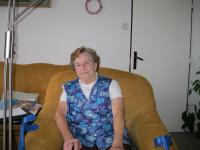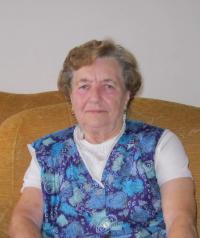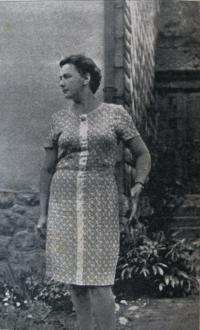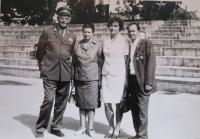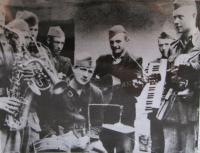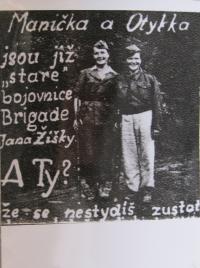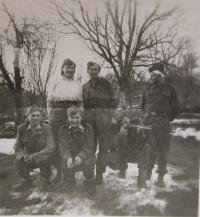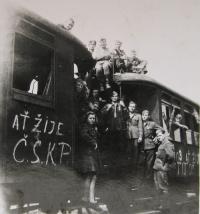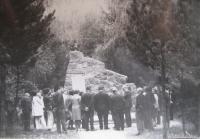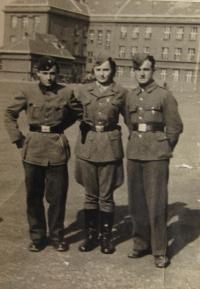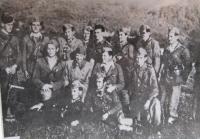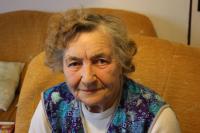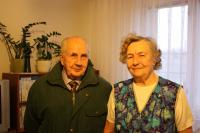“Our whole family was with the partisans.”

Download image
Marie Králová, née Bartošová, was born in 1926 in the village of Hercegovac in the Moslavina region, in what used to be the Kingdom of the Serbs, Croats and Slovenes. Her grandparents came to the Balkans from the region of Litomyšlsko in the promise of land and various reprieves. In 1943 she became a member of the youth resistance organization USAOK and cooperated with the guerilla groups in the region. She faced the real threat of being arrested for her activities and therefore she fled from the village and joined the partisans in the mountains in the summer of 1943, at the age of sixteen. Till the summer of 1944, she fought the Germans in the ranks of the I. Czechoslovak brigade Jan Žižka from Trocnov. Later, she was transferred to the field hospital after she participated in a medical instruction. After the liberation of Yugoslavia, she went to Czechoslovakia and settled in Jiřice in southern Moravia. In 1948, she got married to Jindřich Král and they both moved to Lanškroun. There, she worked till her retirement in the Tesla works.
